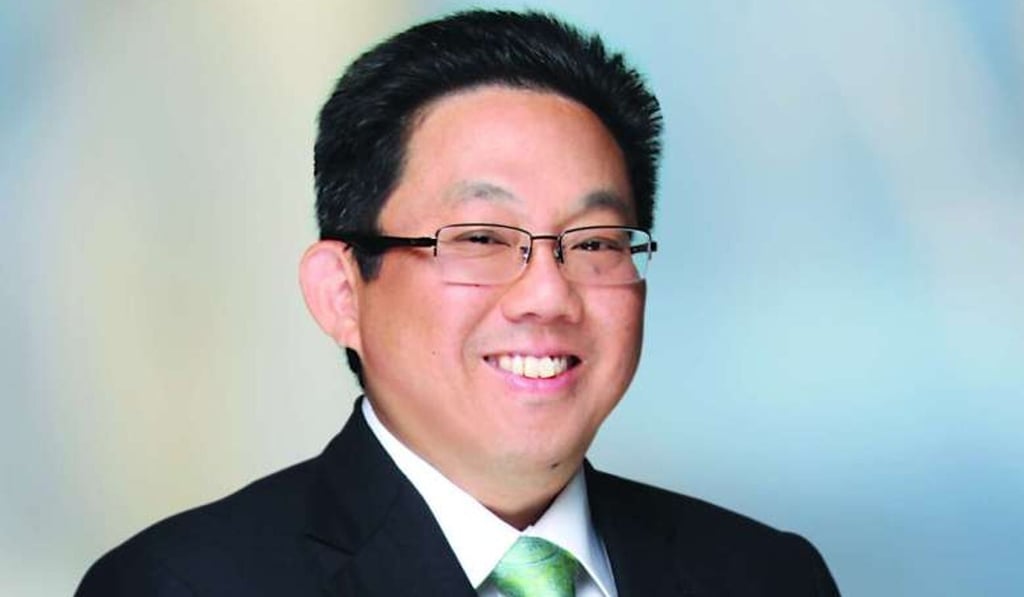Singapore media spin-off into non-profit entity sparks questions over future of journalism
- SPH said the new ownership structure of its media business would be similar to the likes of Britain’s The Guardian and allow it to seek funding from public and private sources
- Questions of editorial independence from advertisers appeared to ruffle the feathers of the SPH CEO, who said the firm did not ‘pander’ to their needs

The publisher of Singapore newspaper The Straits Times billed a plan on Thursday to spin off its media business into a non-profit entity as a boon for local journalism, but observers are pessimistic that the move – the biggest restructuring of the industry in decades – will alter the country’s anaemic state of press freedom.
Singapore Press Holdings (SPH), one of Asia’s biggest media groups, said its new ownership structure would be similar to the likes of Britain’s The Guardian and The Tampa Bay Times in the US – both of which are owned by non-profit entities.
Local observers noted that organisations such as The Guardian – owned by the Scott Trust Limited – were able to preserve editorial independence through firewalls erected between funders and newsrooms.
Queried on whether the plan would lead the group’s newspapers to become beholden to funders such as advertisers, SPH’s chief executive Ng Yat Chung lashed out in anger, saying media groups across the country also accepted funding from various sources.

The question was posed to him by a reporter from Mediacorp, the national broadcaster fully owned by state investor Temasek Holdings.
Nonetheless, a Guardian-style firewall is unlikely in Singapore, observers said, given the long-ruling People’s Action Party’s (PAP)’s adamance that the media has to be subordinate to elected officials. The government meanwhile has said it is ready to directly fund the new entity, giving credence to fear that the changes may further erode the editorial independence of SPH newspapers, observers said.